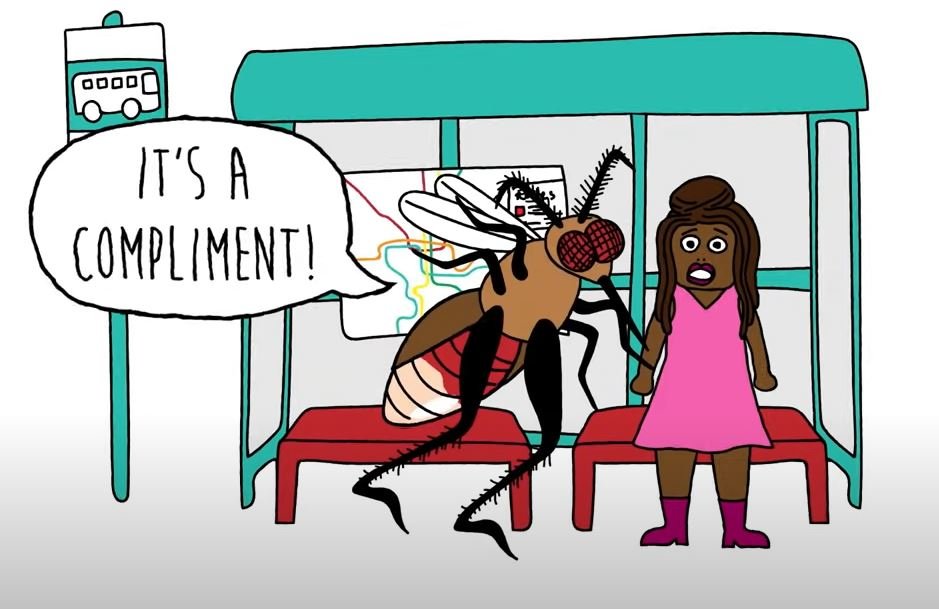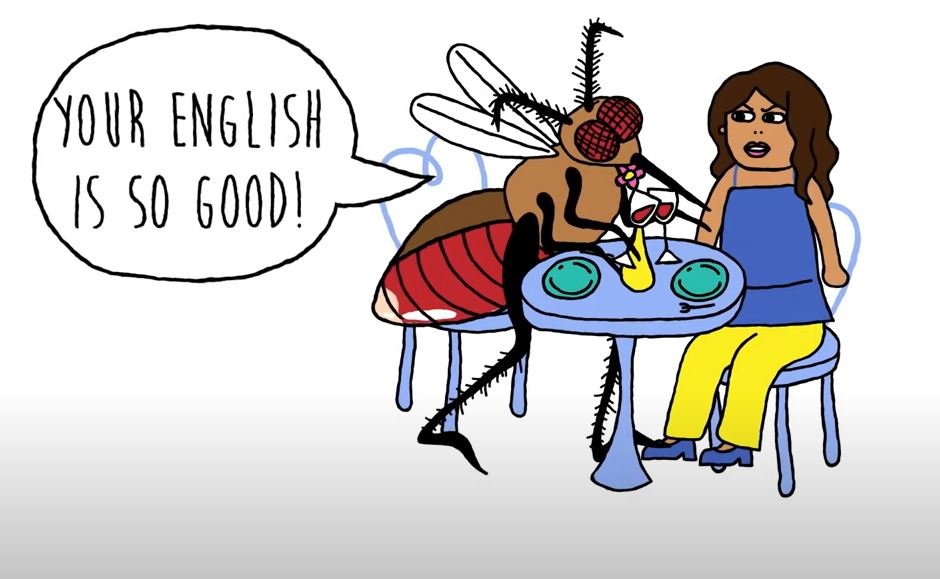Death By a Thousand Mosquito Bites
Fusion Productions: Same Difference
Earlier this week, LSU Hall of Fame gymnast and current Associate Athletic Director Ashleigh Claire-Kearney Thigpen and Director of Training and Leadership Development Eddie St-Vil had the opportunity to present at our bi-annual department meeting. During the presentation they discussed micro-aggressions and provided real life examples of what they look like on a daily basis, as well as, their impact on their victims. For those still unfamiliar with microaggressions, Wikipedia provides my favorite definition of the term: a term used for commonplace daily verbal, behavioral or environmental slights, whether intentional or unintentional, that communicate hostile, derogatory, or negative attitudes toward stigmatized or culturally marginalized groups.
Microaggressions are very subtle slights that happen on a regular basis usually toward a discriminated or marginalized class. These slights aren’t always mal-intended nor are they necessarily stated to cause harm; however, their impact oftentimes linger within the recipient. Why you may ask? This is because of the phenomenon “death by a thousand paper cuts” or better referenced in this video as a death by a thousand mosquito bites!
HOW CAN I AVOID SAYING MICROAGGRESSIONS ? Here are a couple ways:
Be conscious and intentional.
Be intentional - Think before you speak: No, you shouldn’t have to completely second guess every comment you make but make sure you aren’t merely repeating a stereotype or assumption about that group.
Understand unconscious biases – when you’re more aware, you know how to avoid them.
Reflect on your own attitudes, biases, stereotypes, and expectations.
Do not assume any one person is an expert on any experiences beyond their own but more importantly do not assume one person speak for the experience of an entire group.
Assume that the groups you refer to are always in some way represented.
WHAT SHOULD I DO IF I HEAR A MICROAGGRESSION ? Consider these options:
Establish standards of responsibility and behavior when possible.
Challenge the discriminatory attitudes and behaviors, rather than the people.
Teach people in your sphere of influence that impact is more important than intent.
Call attention to it by asking a question - What do you mean by that? This will cause them to think about what they say.
Acknowledge your discomfort to the victim if you hear someone use a microaggression.
Be an active bystander and explain how a person’s actions or words could be harmful – You could say, “I used to say things like that to until I learned that people of that group hear that a lot and it makes them uncomfortable.” Challenge stereotypes and biases whenever possible.
Remain in the Kneaux. Let's Talk...
Eddie St-Vil, M. Ed., PLPC, NCC
Director of Training and Leadership Development
LSU Athletics
601F Athletic Administration Building
Baton Rouge, LA 70803
Email: estvil@lsu.edu





